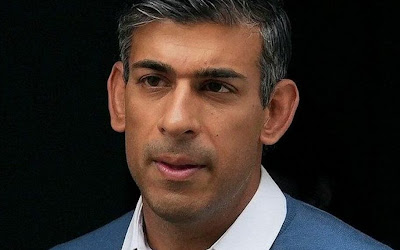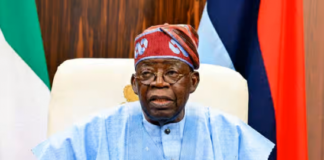The United Kingdom has announced plans to significantly raise visa fees and the immigration health surcharge (IHS) in order to support pay increases for public sector workers.
UK Prime Minister Rishi Sunak stated that charges for migrants applying for visas, as well as the immigration health surcharge, will be increased to generate additional funds for the public sector. Sunak emphasized that if the government wants to prioritize higher wages for public sector workers, the money must come from alternative sources, as raising taxes or borrowing more would exacerbate inflation and be irresponsible.
He highlighted that these fees have not been increased in recent times, despite the escalating general costs. The prime minister affirmed that these fee hikes will contribute significantly towards compensating public sector workers. Teachers and healthcare professionals in the UK, who have been involved in strikes, have demanded a pay increase.
Following the recommendation of an independent pay review body, the government has agreed to a raise ranging from five to seven percent, which will be financed through increased visa fees and health surcharges for migrants entering the UK legally.
The current surcharge stands at £470 per year for students and those on Youth Mobility Scheme visas, and £624 per year for other visa and immigration applications, including dependents. These amounts will now be revised upwards as announced by the prime minister.
Meanwhile, junior doctors have begun a five-day strike, their longest yet, demanding an approximate 35 percent pay increase. The government, however, has offered five to six percent, stating it as the final offer. The British Medical Association criticized the government for not presenting a credible pay offer to end the strikes and accused them of driving doctors away from the health service.
This move will affect migrant health workers, including those from Nigeria which has around 11,000 doctors working in the UK, making it the third highest in terms of foreign doctors employed, with India and Pakistan topping the list. The UK government plans to increase average pay for junior doctors by approximately 8.8 percent, ranging from 8.1 to 10.3 percent depending on their training stage, falling significantly short of the demand for a 35 percent raise made by junior doctors.















